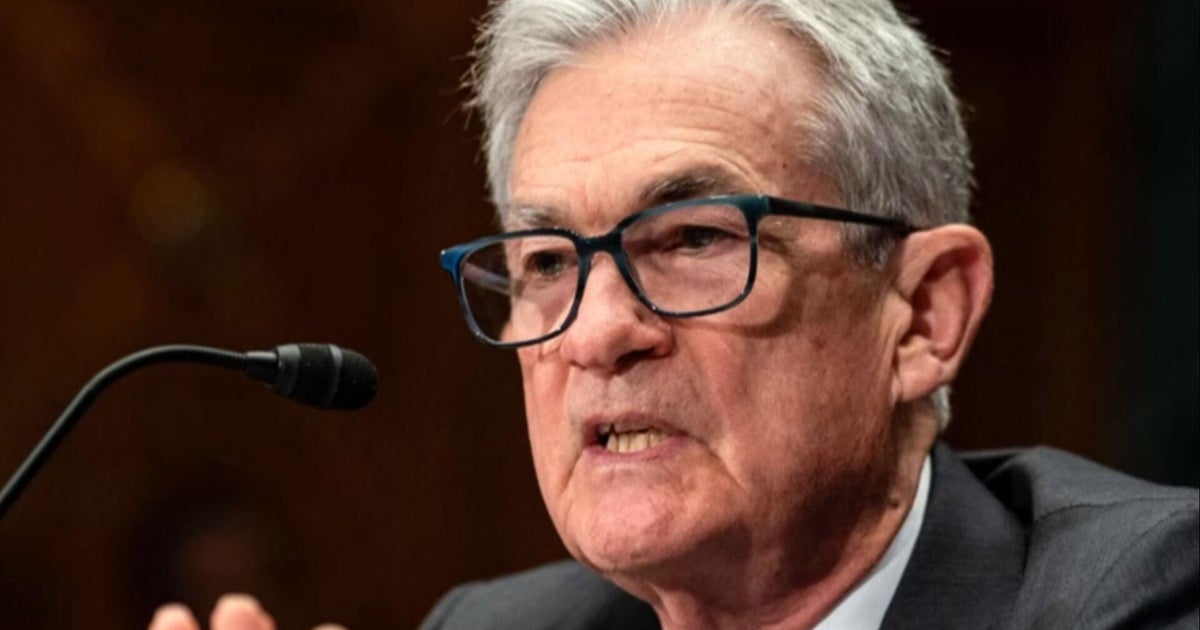The Multifaceted Pressures of Central Banking: Jerome Powell’s Role at the Jackson Hole Economic Symposium
As Jerome Powell prepares to address the esteemed audience at the annual Jackson Hole, Wyoming, economic forum this Friday, the weight of his role—and the diverse pressures it entails—will be palpable. The Federal Reserve Chair, set to end his term in May 2026, might be making one of his final notable appearances in what has been a tumultuous tenure marked by unprecedented economic challenges and direct political confrontations.
Economic Forum as a Strategic Platform
The Jackson Hole symposium, hosted by the Federal Reserve Bank of Kansas City, is not merely an economic conference. It is a strategic platform that enables the Federal Reserve officials to communicate with a global audience consisting of powerful investors and learned economists. This year, the event carries the theme “Labor Markets in Transition: Demographics, Productivity, and Macroeconomic Policy,” underscoring the dynamic and evolving nature of the global economy.
Facing Economic and Political Crosswinds
Powell’s tenure as the Fed Chair has been anything but smooth, with challenges arising from both economic conditions and political arenas. Recently, the U.S. economy has demonstrated troubling signals, such as a slowdown in job growth and an inflation gauge hitting a record increase in three years. These indications of potential economic downturn are critical as they appear at a time when President Trump has openly criticized the Fed’s strategies, emphasizing his preference for rate cuts to further boost the economy.
Despite these pressures, Powell has predominantly adopted a “wait and see” approach, emphasizing the Fed’s independence from political influence and its commitment to data-driven decision-making. This approach will likely be evident in his forthcoming speech at Jackson Hole, where he is expected to provide insights but steer clear of firm commitments on future monetary policy adjustments.
The Crux of Monetary Policy Decision-Making
The core of Powell’s forthcoming Jackson Hole address and the Fed’s future policy decisions hinge on interpreting complex economic data and balancing it against the backdrop of political expectations. The symposium speech comes just ahead of the critical Federal Open Market Committee (FOMC) meeting scheduled for September 17, where key decisions on interest rates will be contemplated. Between now and then, the policymakers will examine multiple significant economic reports, including the Labor Department’s jobs report and the Consumer Price Index.
Wall Street’s Expectations and Economic Predictions
Investment climates have been notably tense, with Wall Street heavily speculating on the possible actions of the Fed. According to analyses by financial data firms like FactSet, there is a strong expectation of a rate cut in September, a sentiment echoed by numerous economists who predict a 0.25 percentage point reduction. This comes in stark contrast to the scenario last year when Powell, amidst high inflation rates, hinted at potential rate cuts at the Jackson Hole symposium—an action that was followed by a notable 0.50 percentage-point decrease the following month.
Balancing Act Between Employment and Inflation
Powell’s strategy and rhetoric will likely reflect the ongoing tug-of-war between fostering employment and controlling inflation—two often conflicting mandates of the Fed. The recent troubling jobs data coupled with rising inflation present a conundrum, potentially driving the economy towards a stagflation scenario, which would be particularly challenging for the Federal Reserve to navigate.
Looking Ahead
As Jerome Powell steps up to deliver his address, the audience at Jackson Hole—and indeed the broader global financial community—will be eager for any signs of the direction in which the U.S. monetary policy might head. Analysts, investors, and policymakers alike recognize that Powell’s words will not just echo through the chambers of the symposium but will have far-reaching implications on global markets and economic policies.
Beyond the immediate reactions and speculations, Powell’s speech at Jackson Hole will likely be analyzed in hindsight as a significant moment in his tenure as Fed Chair—a tenure marked by navigating one of the most challenging economic landscapes in recent history. As the world watches, the balance of economic foresight, geopolitical awareness, and tactical discretion that Powell displays at this pivotal moment could set the tone for global economic strategies beyond his remaining term at the Fed.









